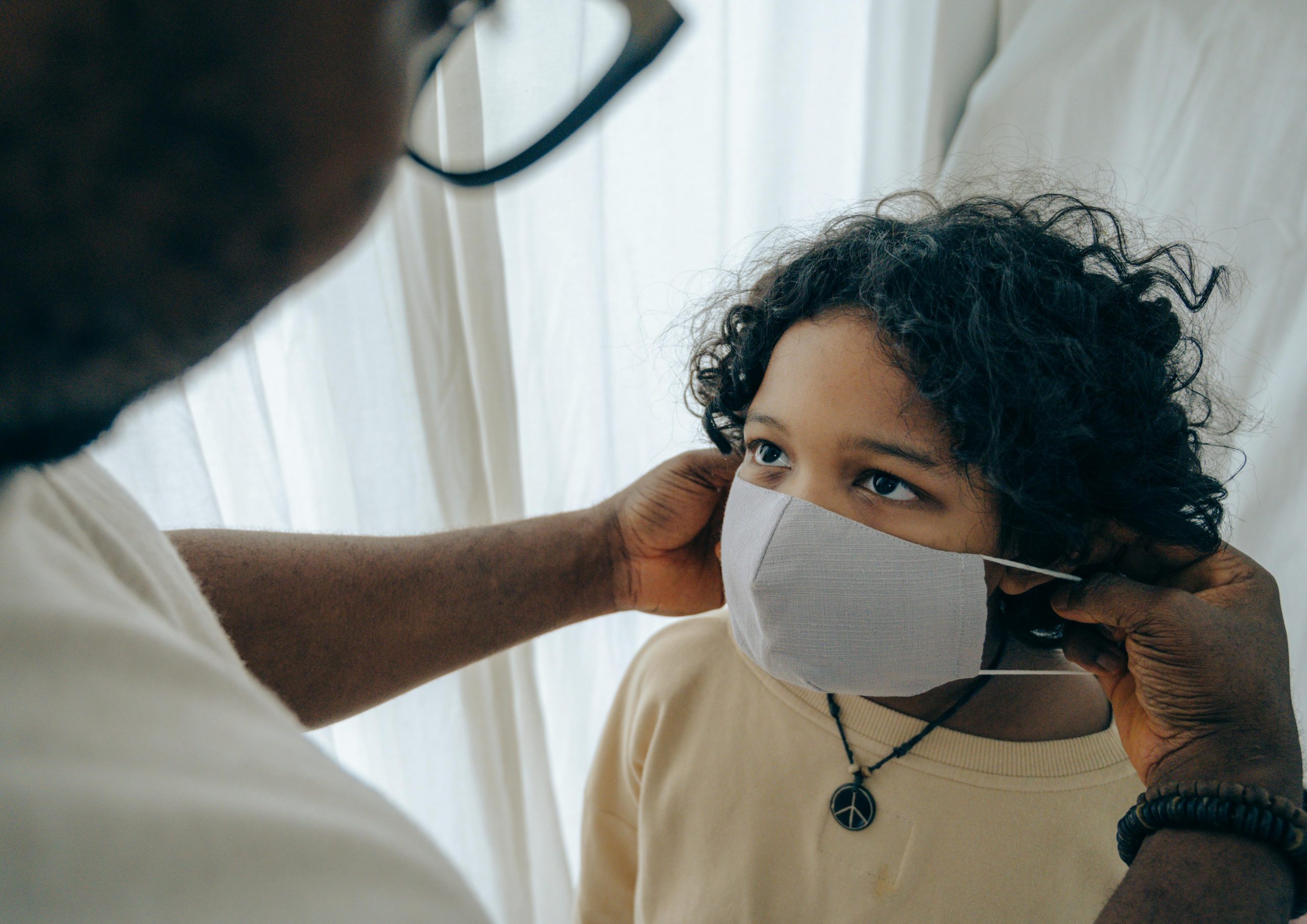About this research
What is the problem?
For those with rare conditions, patient care can often involve visiting a variety of health professionals in different locations and/or at different times.
Rare conditions affect approximately 3.5 million people in the UK. Often they are chronic (people live with them for a long time) and affect many different parts of the body.
Coordinated care
If services are not provided in a joined-up (coordinated) way, having to visit so many different health professionals can be a real problem: information may get lost; there may be gaps in services; and, care may not be as good as it should be.
We know from previous work we have done that care coordination is one of the most important parts of care for people affected by rare diseases.

What is the study looking at?
The CONCORD2 study is examining which approaches to care coordination work best, for people with a rare condition, parents/carers and health professionals. This includes examining the costs and value for money of different types of care coordination that exist in the NHS in England today. We will make recommendations from our study on how care should be coordinated for people with rare conditions.
What will this involve?
To do this, the research team is reviewing existing evidence; gathering data through interviews and questionnaires; and looking at cost and value for money.
Reviewing the evidence
The research team is reviewing existing evidence on the effectiveness and costs of different models of care coordination, and what affects how easily different ways of coordination can be implemented.
Interviewing and questionnaire
We are interviewing patients, carers and health professionals with experience of different models of care coordination and examining what they think about these models and how well they work.
We are also collecting information using a questionnaire.
Cost and value for money
We are examining the costs and value for money of different models of care coordination that exist in the NHS in England today.


What came before CONCORD2?
The CONCORD2 study builds on the work and findings of the first CONCORD study into the COordiNated Care Of Rare Diseases.
The CONCORD study looked at how care services for people with rare diseases are coordinated in the UK, and how people affected by rare diseases and healthcare professionals who treat rare diseases would like them to be coordinated.

Who are we?

FAQs

